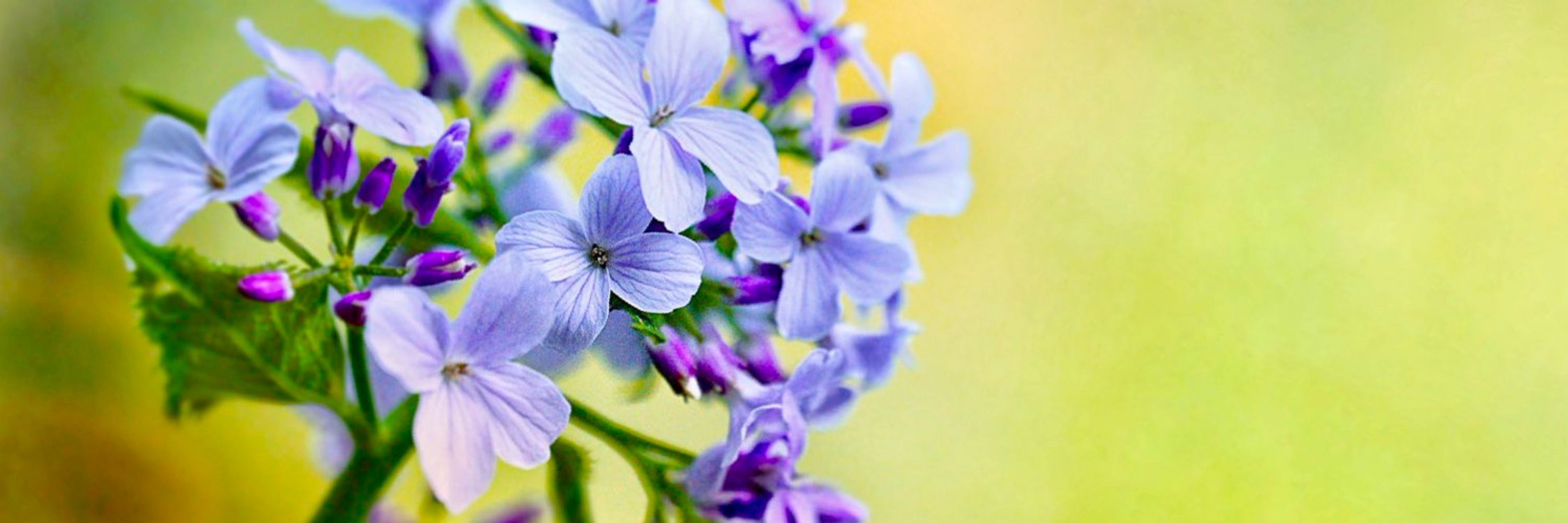
Ecologist | loves Mosses and Mountains | Research on ecosystem dynamics |
PostDoc @chemodiversity.bsky.social
maximilianhanusch.github.io



I’m looking for a PhD Student (1+3 years) to model insect populations using statistical models + deep learning at #TheoreticalEcology, Regensburg (Germany).
Join our team - please RT!
Details: karriere.uni-regensburg.de/tg7w9
#Insects #Ecology #DeepLearning #Ecology #Monitoring
Reposted by Maximilian Hanusch

Reposted by Maximilian Hanusch
Reposted by Maximilian Hanusch

#Plantscience
Reposted by Maximilian Hanusch

Tetraplodon mnioides likes to grow on dead animals (and humans).
England, Yorkshire, Upper Warfdale
Reposted by Tommaso Jucker, Maximilian Hanusch

Reposted by Maximilian Hanusch

https://botfrens.com/collections/74/contents/22148
Reposted by Maximilian Hanusch
Reposted by Joshua S. Lynn, Maximilian Hanusch

The University of Manchester FSE Bicentenary PhD
Competition funded (worldwide)
Deadline 31st Jan, see info at bit.ly/4qn74qH
@manchester.ac.uk @rothamsted.bsky.social @liverpooluni.bsky.social
Reposted by Maximilian Hanusch

Green-headed Oriole (Oriolus chlorocephal)
Reposted by Maximilian Hanusch

New research published today suggests scent diversity could be a clever way for plants to welcome visitors while keeping unwanted #microbes out.
Reposted by Tuomas Kankaanpää, Maximilian Hanusch

doi.org/10.1111/1365...
Reposted by Maximilian Hanusch

@newphyt.bsky.social
doi.org/10.1111/nph....
Reposted by Maximilian Hanusch

Reposted by Ingolf Kühn, Andreas Schweiger, Maximilian Hanusch



@gfoesoc.bsky.social
@britishecologicalsociety.org
@ecologicalsociety.bsky.social
@uslter.bsky.social
Please repost!
Reposted by Maximilian Hanusch

Variation in artificial light at night (ALAN) 💡 affects ecosystem functions: An experimental approach using plasticine caterpillar 🐛 predation in an urban environment 🧪
www.sciencedirect.com/science/arti... 🔓
Reposted by Maximilian Hanusch

Reposted by Maximilian Hanusch

Reposted by Maximilian Hanusch

Reposted by Maximilian Hanusch
Reposted by Francis Martin, Maximilian Hanusch

Apparently, bryophytes time and again include microbial genes in their genomic repertoire, and occupy a langer gene space than vascular plants.
www.nature.com/articles/s41...
Reposted by Kirstin Drenkhahn, Maximilian Hanusch

buff.ly/bYgl6LD

Thanks a lot for the shout-out!
https://we.copernicus.org/articles/25/157/2025/
#newpaper #glacierforefields #alps
And by coincidence just in time for the #imc2025
(Edited 10:17 via @skeetsapp.com)
Reposted by Maximilian Hanusch

buff.ly/bYgl6LD
Reposted by Julian Schrader, Maximilian Hanusch
https://we.copernicus.org/articles/25/157/2025/
#newpaper #glacierforefields #alps
And by coincidence just in time for the #imc2025
(Edited 10:17 via @skeetsapp.com)


She suggests using terms like autonomy instead.
🎧 Listen now and subscribe: insidebiodiversity.podigee.io

Reposted by Maximilian Hanusch

She suggests using terms like autonomy instead.
🎧 Listen now and subscribe: insidebiodiversity.podigee.io




